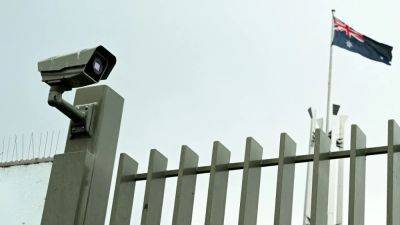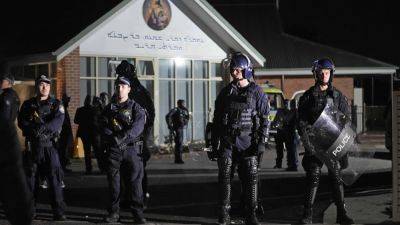Sydney stabbing incidents stoke Islamophobia, antisemitism as social tensions in Australia unravel
An Asian-Australian, Chen knows too well how quickly blame for the crime will fall on migrants and “non-white foreigners”.
The man who stabbed and killed six people in the popular Westfield Bondi Junction mall turned out to be 40-year-old Queensland native Joel Cauchi, who reportedly had a history of mental illness.
But what disappointed Chen most was that long before Cauchi’s identity was revealed, misinformation and disinformation about the perpetrator had spread with many unverified claims that the attacker was Muslim, while migrants were also blamed.
“Many of us Aussies feel excluded in mainstream Australian society shaped by the white Australian policy hangover, [and] find it hard to be accepted at face value and as a consequence wear a handicap for being non-white,” she said.
The Australian police and intelligence agency has charged the teenager with committing a “terrorist offence”, following evidence of religious motivations.
With few violent attacks in Australian history, however, experts said what had happened in Sydney was no different from the rest of the world where social complexities and emerging divisions had been reduced to “good versus bad”.
These tensions were laid bare when riots broke outside the church after the stabbing on Monday. Crowds of people – some chanting “bring him out” – besieged the church, before demonstrators turned on police, hurting more than 50 officers and damaging police cars.
Paramedics sought refuge from the rioters in the church.
Local media said text messages spread quickly that night calling for Christians to take revenge on the 16-year-old who knifed Bishop Mar Mari Emmanuel for allegedly “swearing at his prophet”. Emmanuel is recovering after surgery.
NSW state premier Chris Minns







